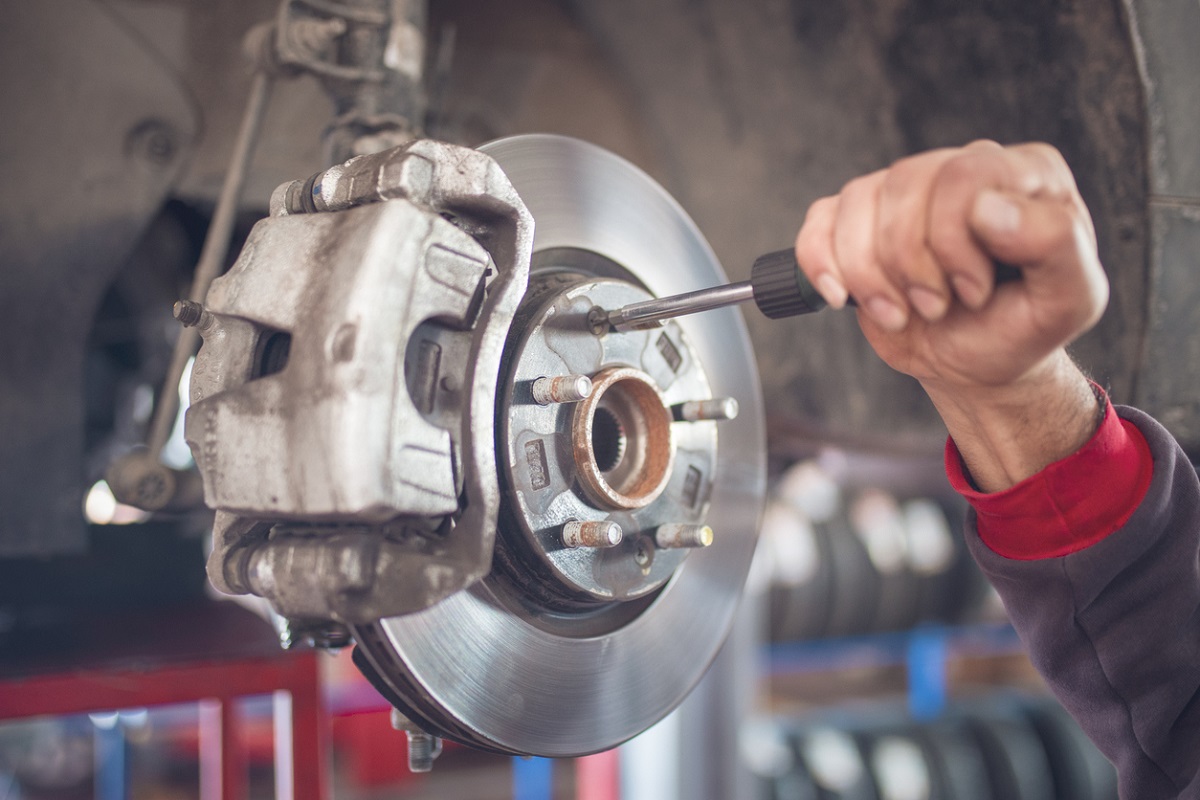Oct 15, 2019

Pressing your foot on your brake pedal to slow your car down is when you need to be most confident that every part of your car involved in the stopping process is working to the best of its ability. This is not the time for any unwanted noises or feeling any unexpected sensations, such as juddering or squealing, when trying to slow down in a line of traffic or coming to a red light.
In this blog, we will run you through some of the most common causes for experiencing brake judder. Unless you are mechanically minded, we recommend that the best course of action is to take your car to a local garage!
Brake judder can be caused by a poorly fitted brake disc running out of alignment with the hub/calliper. Possible reasons for this would be:
●Dirt/rust on disc – If dirt or rust has built up on the brake disc, it makes contact poor. This will be remedied by cleaning both surfaces and the disc itself.
●Distorted hub – A less common cause, but that’s not to say it can’t happen! Once the disc is fitted, a dial gauge is used to check for disc run-out. If it’s not within tolerance, it needs to be refitted. Hub maintenance is required if there is still run-out.
●Excessive tightening torque – This occurs when the position screws on the brake pad have been tightened too much, causing brake pedal juddering to occur. If this is the case, the brake discs must be replaced, and the position screws should not be tightened too much.
Many alloy wheels are now finding themselves in one of those ‘one size fits all’ categories. With the same wheel type being used for all different hubs and sizes, spigot wheel location spacers tend to be used by installers. If a spacer becomes lost or damaged, this can result in an incorrectly centred wheel. A local garage can fix this issue for you but be aware that the wheel may need to be changed.
When excessive and regular heat is applied to brake discs, they will overheat which results in irregular contact and brake juddering. This is a problem more commonly faced by rally drivers or those who think they are rally drivers. Blue spots can be found over the disc which suggests overheating.
When poor quality brake discs overheat this can cause them to warp.
Brake discs should be the same thickness all around. Brake juddering will occur if they are not even. Prevent this by being gentle on your brakes when you have new ones fitted. It is recommended that hard braking is avoided for the first 100 miles of driving.
A seized calliper often caused by rust or dirt build-up can also lead to DTV. Good maintenance will prevent this.
Corrosion or dirt on the brake pads also causes DTV, which often stems from using cheaper or low-quality brake pads.
The next step is to get the brake judder fixed. Get a quote from a local mechanic in your area today with MyCarNeedsA.com!